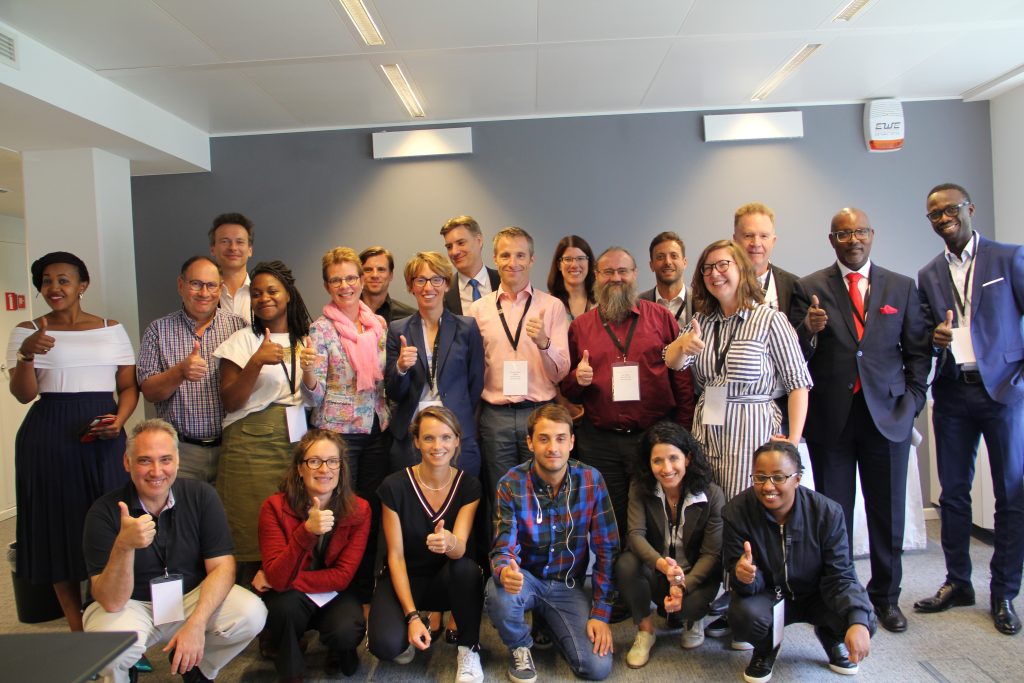The relevance of energy in the international scenario has constantly risen and the many interconnections with environment and society are becoming clearer.
The recent launch of the Agenda 2030 recognises with GOAL 7, energy as a precondition for human and social promotion, as well as an instrumental right to fight poverty. Despite this global interest, access to energy – clean and renewable energy as well as energy efficiency is not yet available to all.


